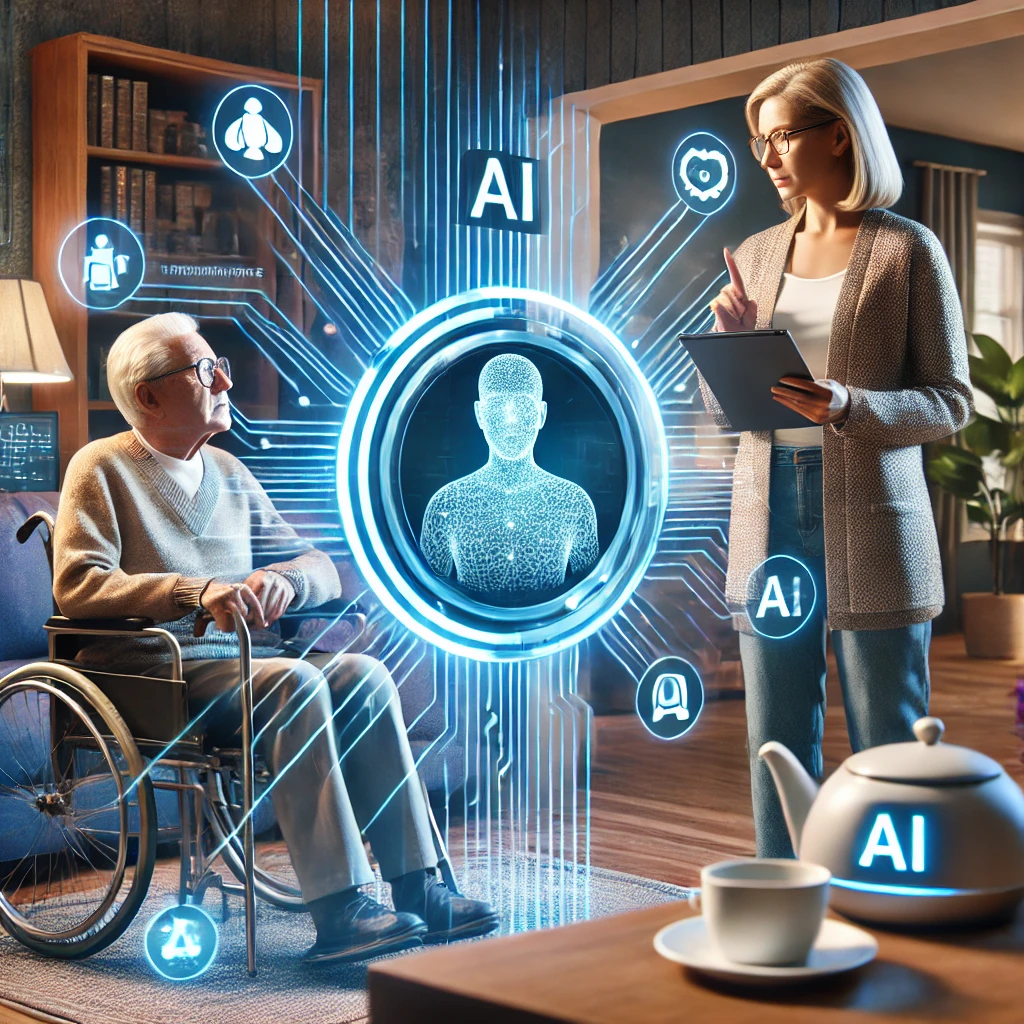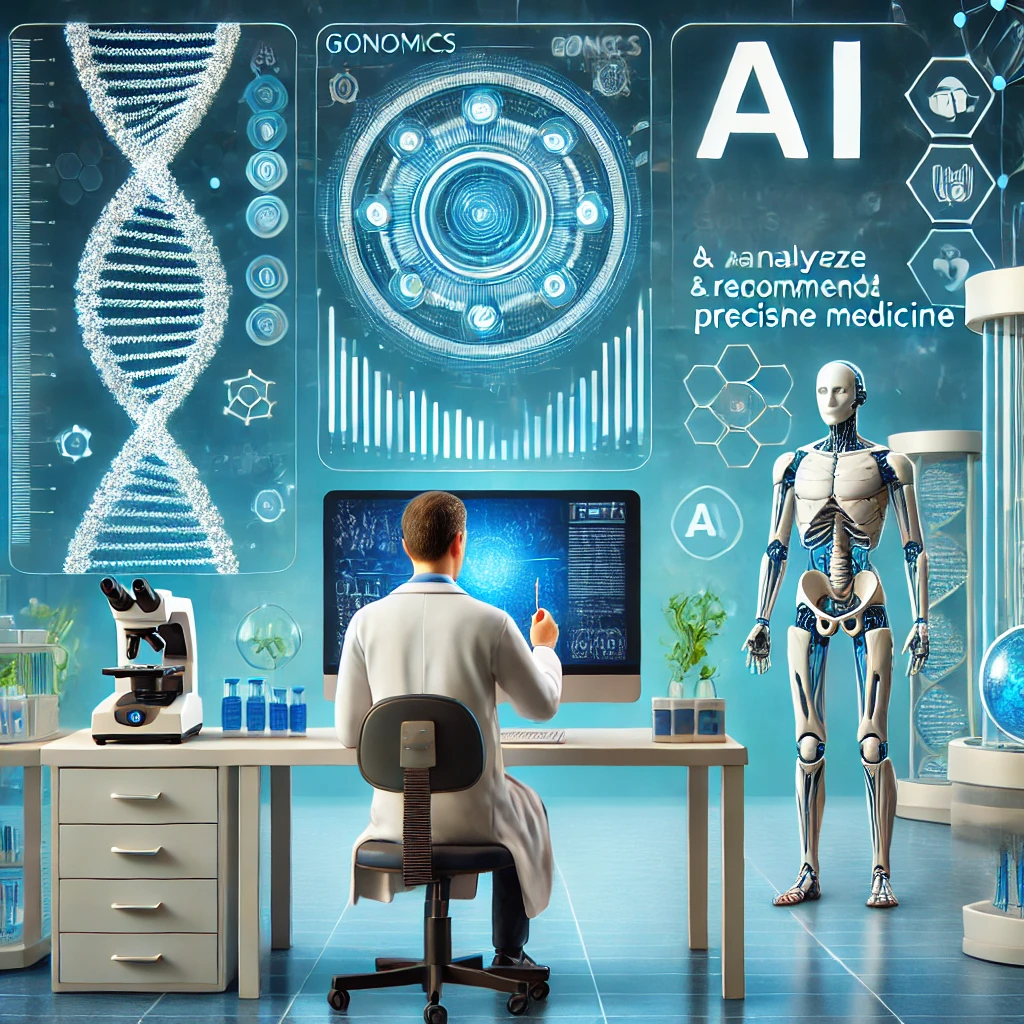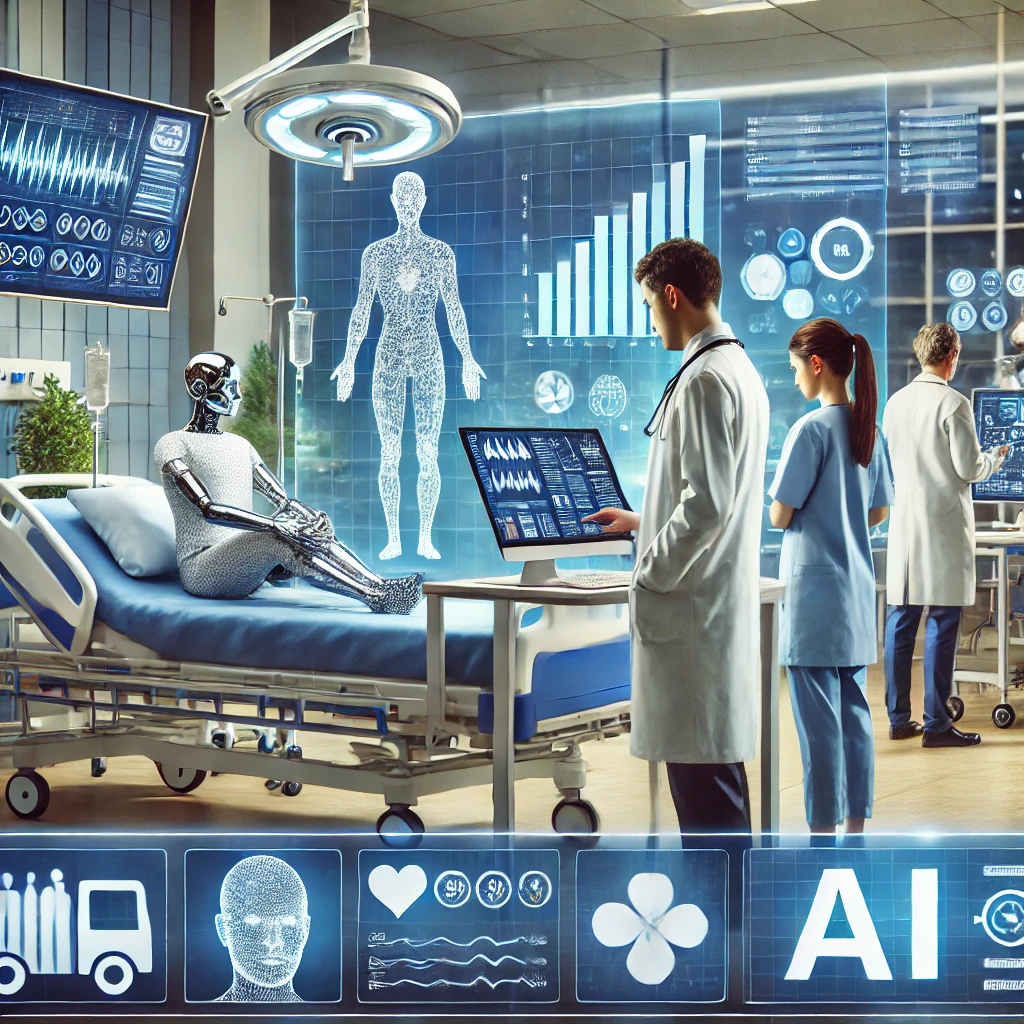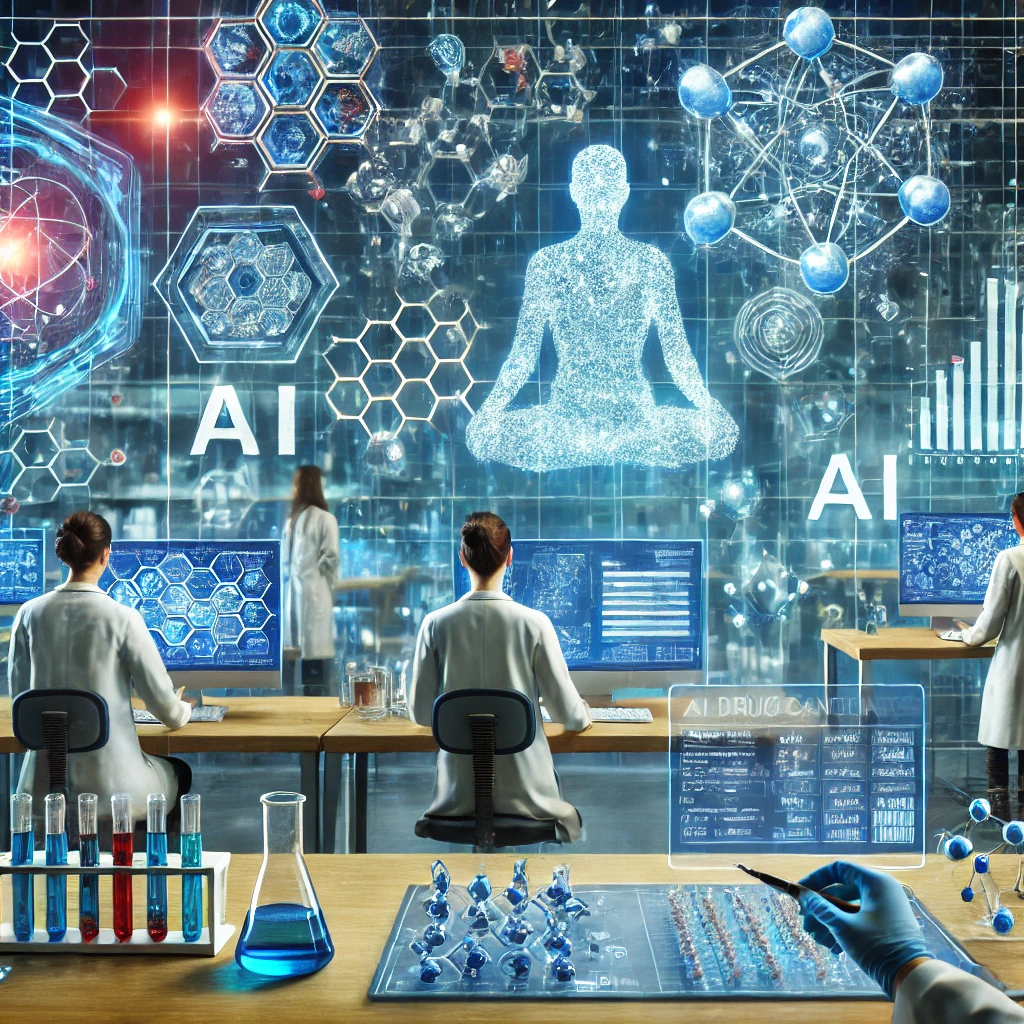Risk Management Tools: AI Tools for Assessing and Managing Financial Risk
Artificial Intelligence is revolutionizing financial risk management by offering advanced tools for assessing and mitigating risks with unprecedented accuracy and speed. This post explores the core AI technologies, including machine learning and natural language processing, and highlights leading tools like IBM Watson and Palantir Foundry. As AI continues to evolve, its role in risk management will only grow, providing financial institutions with the capabilities they need to navigate an increasingly complex and volatile market landscape.
















